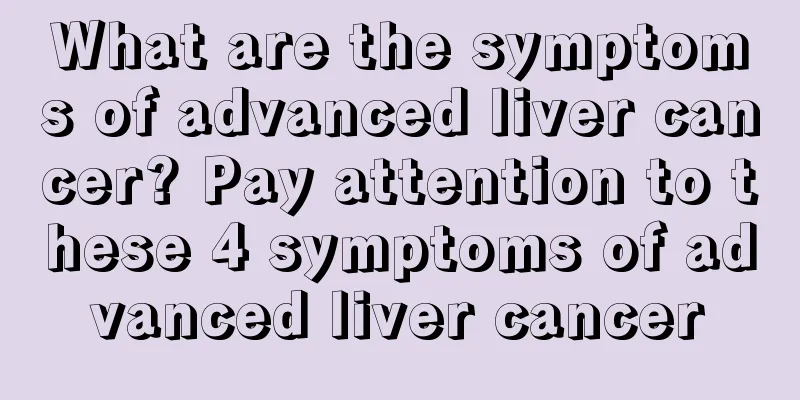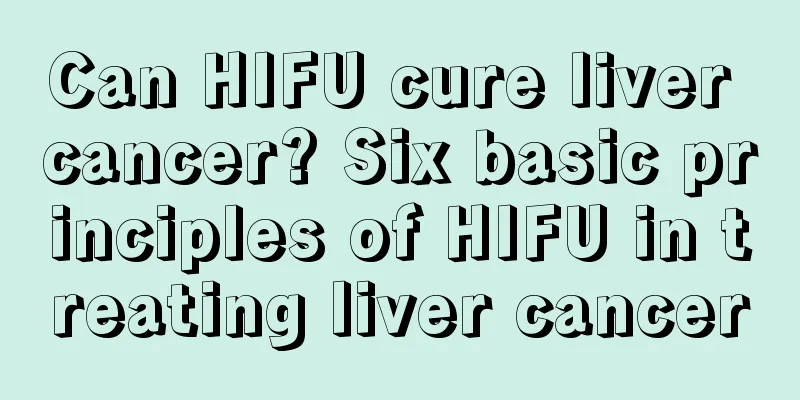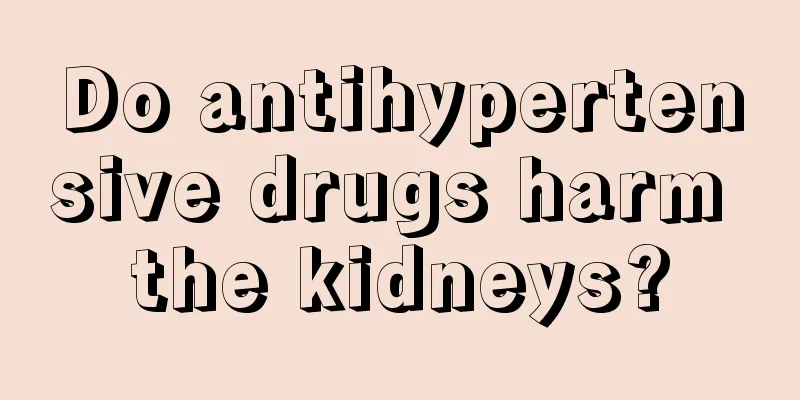Dietary precautions for patients with advanced lung cancer

|
Dietary considerations for patients with advanced lung cancer: Diet care: 1. Lung cancer patients should be free to choose food when they have no difficulty swallowing. Without affecting treatment, they should eat more foods rich in protein and carbohydrates to improve the quality of diet and create good conditions for surgery. If the nutritional status is poor, it is difficult to endure the surgical trauma, the postoperative healing is slow, and it is easy to get infected, which is not conducive to surgical recovery. 2. The diet needs to contain various nutrients necessary for the human body. When there is sufficient calorie supply, protein nutrition can be supplemented to promote muscle protein synthesis. When the calorie supply is insufficient, branched-chain amino acids can also provide more calories. There are many kinds of elemental diets. When used, start with a low concentration. If taken orally, pay attention to drinking slowly. Because the elemental diet is a hypertonic solution, drinking too quickly can easily cause diarrhea and vomiting. 3. Postoperative diet deployment: Postoperative diet deployment according to the condition. Because surgical trauma can cause digestive system dysfunction, do not rush to succeed when choosing and supplementing food. Eat more fresh vegetables and fruits. Fruits and vegetables are rich in vitamin C, which is an anti-cancer substance that can prevent the formation of cancer cells. Garlic also contains anti-cancer substances. Develop good living and eating habits, have regular physical examinations, and get timely diagnosis and treatment. Common knowledge about home care for lung cancer patients: In addition to observing abnormal conditions such as cough, sputum, cough, chest pain, chest tightness, dyspnea, fever, etc., special attention should be paid to dysphagia, hoarseness, edema of the head, neck and upper limbs, or ptosis of the upper eyelid. If dysphagia occurs, it indicates that the tumor invades the esophagus, and hoarseness of the chest may indirectly compress the laryngeal nerve; if there is edema of the head, neck and upper limbs, congestion in the chest and varicose veins, accompanied by headache, dizziness or lightheadedness, it indicates superior vena cava compression syndrome; ptosis of the upper eyelid, enophthalmos, miosis, and no sweating on the forehead and upper chest indicate the occurrence of Horner syndrome. |
<<: Breast cancer symptoms and treatment
>>: Can bleeding be detected in the early stages of nasopharyngeal cancer?
Recommend
What are the clinical manifestations of early lung cancer? Pay attention to these points
Patients with early lung cancer generally do not ...
What to do if liver cancer recurs after surgical resection
What should I do if liver cancer recurs after sur...
Can moxibustion treat migraines?
Headache is a common phenomenon in life. Basicall...
Introduction to clinically effective treatments for colorectal cancer
The large intestine is a place where tumors are p...
Mid-term treatment and conditioning methods for liver tumors
In order to improve the temporary survival rate o...
Can walnuts cure gallstones?
I believe many people should know that walnuts ha...
How is the mid-term treatment effect of nasopharyngeal carcinoma
The treatment effect of nasopharyngeal carcinoma ...
What causes burning sensation in male urethra?
A burning sensation at the male urethral opening ...
How to effectively diagnose and treat tongue cancer? Imaging diagnostic methods for tongue cancer
Tongue cancer is a common malignant tumor in the ...
Is there still a risk of small liver cancer not recurring after 5 years of radiofrequency? The main prevention now
Is it still dangerous if there is no recurrence o...
What about the inactivated enterovirus vaccine?
Gastrointestinal health is the most important thi...
Diet therapy for bronchial asthma
Long-term existence of bronchial asthma will make...
What are the clinical symptoms of breast cancer
Breast cancer is one of the most common malignant...
What are the early symptoms of liver cancer in men? How can men prevent liver cancer?
The main group of liver cancer patients are men. ...
What should I do if I still have a cough after four years of chemotherapy for nasopharyngeal cancer?
What should I do if I still have a cough after fo...









